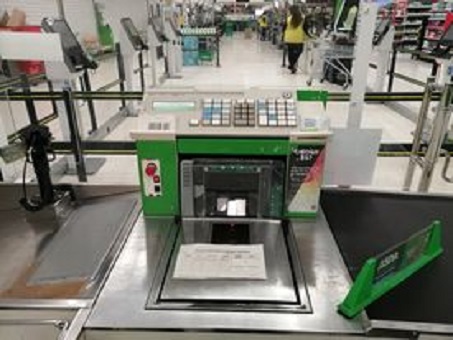A new normal?

I wake up when it’s light and to the sound of bird song, like I used to when I lived in the country. At first I would think that it was too early to get out of bed, because there was no traffic noise.
I take my daily walk to a local park and watch the squirrels playing, emboldened by the absence of people The Council haven’t been cutting the verges and butterflies are to be seen in greater numbers than in most years.
So is there a bright side to consider during this time of fear and death?
It would seem so for most people. Indeed a YouGov survey revealed that only 9% of people in the UK want life to return to “normal” after the pandemic is over.
27% of respondents cited more wildlife as a result of the crisis. We’ve seen the pictures of mountain goats taking over Llandudno, and the south Yorkshire press has displayed photographs of a Roe Deer wandering around Sheffield city centre. Further afield there are wild geese in central Las Vegas!
Naturalists tell us that less traffic noise makes it easier for birds to connect through their singing during the crucial mating and nesting season.
What else has changed?
Cleaner air was cited by over half of respondents to the survey, which is borne out by reports of major reductions in pollution in Britain and worldwide. Pollution is regarded as a factor in over 5% of all deaths in the UK, more in many places, a figure that is possibly an underestimate.
Those who are able to work from home are telling us that they don’t relish a return to spending an hour or more a day in near stationary traffic in order to get to work and back.
In Manchester the Council is now actively looking at pedestrianising some busy city centre roads to deter cars, and the re-routing of public transport that would be needed.
Connecting with others: 39% of people say that they are now in more contact with friends and relatives, even though this may be remotely, while 40% report a stronger sense of community.
Shopping trips are down by one third. Despite the queues, supermarket visits are down overall by over 60% (although most shoppers are happy with the supermarkets response to COVID19), while almost a quarter of people are using local shops more, and 16% are doing more of their shopping online. Use of takeaways has increased by 8% in Britain overall, and by a quarter in London.
City centres may never be the same again either. There may be an increase in home working which will reduce the numbers of people shopping in city centres. Companies may be able to cut down on the amount of expensive city centre office space they need, more than offsetting any possible reductions in productivity through home working. Bad news for the property companies then.
Some businesses need proximity, so finance, media and entertainment will continue to operate from city centre bases. Clothing is among the items that people like to buy from stores rather than online, as customers like to try clothes on. The market may suffer if the economy suffers and customers focus on what they need, rather than want.
A high proportion of clothes are returned to the store, which is another reason that clothing sales are likely to continue to be focussed on stores rather than online.
Any contraction of the major urban shopping centres is also likely to have an impact on the finances of the Local Authorities affected.
There has been a trend in more people living in or close to city centres. That has helped to sustain shopping facilities and restaurants. The suburbs and villages may become more attractive places to live as residents appreciate accommodation with gardens and more space.
Then again, if city centres are able to tackle the problem of congestion and pollution, who knows?

